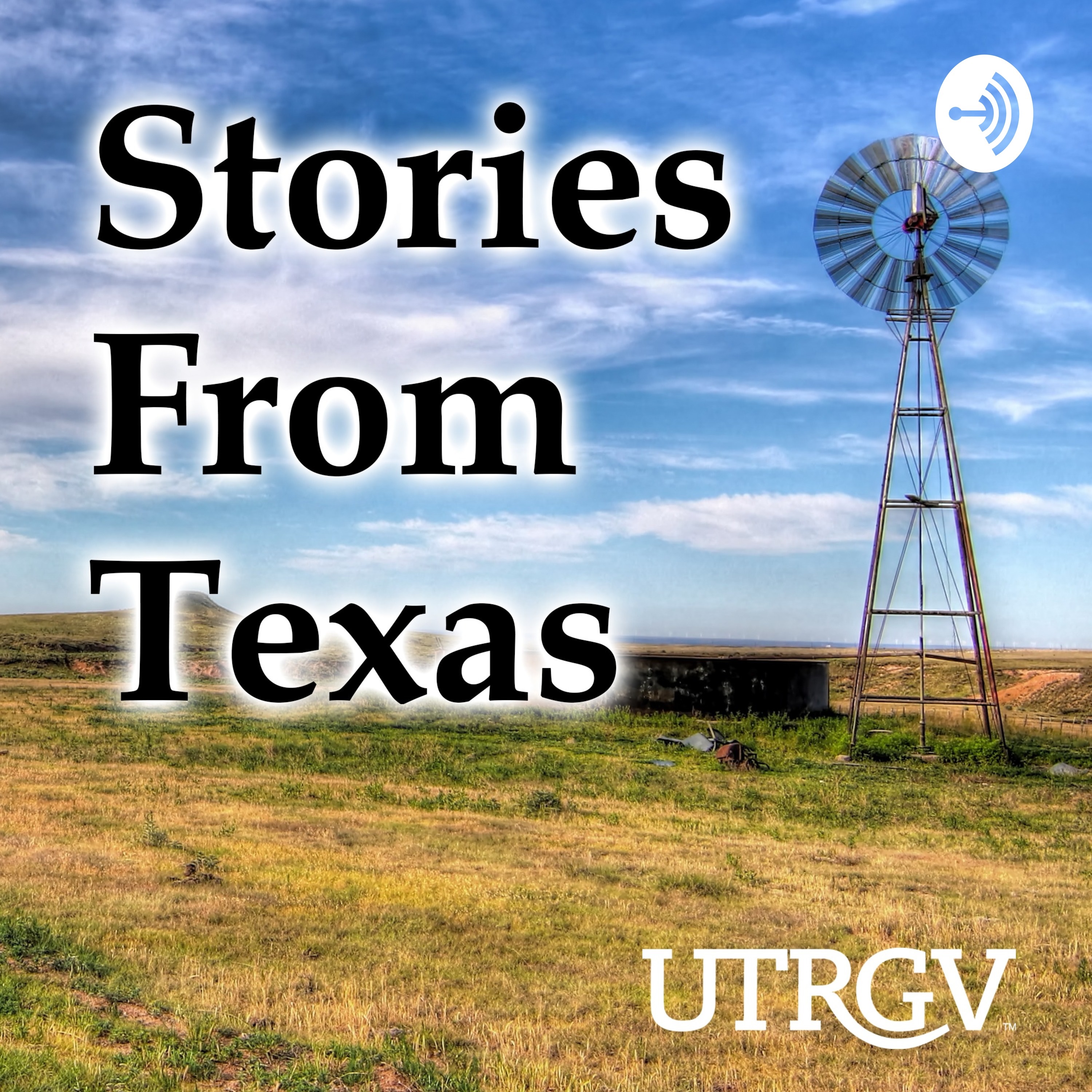Loading...
Document Type
Article
Publication Date
1-13-2021
Abstract
I go for walks in the country often this time of year here in the Rio Grande Valley. This is our Goldilocks season. Not too hot. Not too cold. Just right.
We have a perfectly warming sun in the crisp, cool air of winter mornings. I like to walk along a dirt road that has freshly plowed farmland on one side and a deep motte of mesquite and huisache trees on the other. A committee of vultures watches me from atop the tallest of these trees, far away from civilization. That’s the official name for a group of vultures. A Committee. Sometimes they are also called a venue of vultures. I like that. Based on what I’ve seen of committees and their venues I can see the salience of the metaphor.
In Texas, these birds are often mistakenly called buzzards. This is common but it’s technically wrong because buzzards are completely different birds. We don’t have buzzards in Texas, though I will admit to calling them that myself growing up. I don’t recall referring to groups of birds by their correct labels, either – such as murder of crows or covey of quail or flamboyance of flamingos. I still don’t. I tend more toward my brother “redneck Dave’s” lexicon which is pretty much reduced to the word “bunch.” He says, “You got a bunch of ducks in your yard.” And if there’s more than that he says, “You got a whole bunch of ducks in your yard.” More still are covered by, “You got a mighty big bunch of ducks in your yard.”
Back to the vultures. This committee of vultures – turkey vultures in this case, are perched high up in the trees, like undertakers – eyeing me – sometimes stretching out their wings to display their impressive six-foot span. But mostly I’m a curiosity, not a disturbance. They don’t fly away. I’m sure I would be much more interesting to them if I were dead.
Turkey Vultures don’t have a lot of fans. Many people see them as disgusting birds that eat disgusting things. They have red heads. They’re mostly bald, with faces that only a mother could love – a mother vulture, that is. On the ground picking through road kill, they look ungraceful and ragged and ungainly. But in the air, they are, to me, transformed into graceful, heart-stirring masters of the wind. On the ground they are called committees, but in they air they are called kettles of vultures because in their swirling ride upward on the thermals, they look like bubbles rising in heated water. Ornithologists, bird experts, tell us that it is by riding high on the thermals that they hunt for carrion, or dead things. But they don’t do it by sight. They do it by smell. The smell of the decaying animals is carried up by the thermals and the birds track that smell to the source. Tests have shown that they always arrive on the upwind side of corpus delicti and that’s how experts know that smell is dominant.
Yes, the process is gross to us, but if you consider the scientific name for the turkey vulture – Cathartes Aura – they sound noble. It means cleansing breeze. They swoop in on the wind and clean the earth. And they are disinfectors too, consuming anthrax and cholera bacteria and safely removing it. In this sense they are hazmat teams. But my admiration of these magnificent creatures is fully realized watching them in flight. I can sit in my backyard and watch hundreds of them ride high up in the sky like an avian tornado. They’re having fun up there. They’re not all about carrion, I’m convinced. They’re windsurfers fully elated by this vulture sport they collectively love. The winds do not conquer them. They ride them high into the vaulted blue, cloudless skies. Some, pilots tell us, go as high as 20,000 feet and they rarely have to flap their wings. They just soar and glide, at one with the wind.
You can find them all across Texas, along with their slightly smaller cousins, the black vultures, which prefer the eastern part of the state. Together they are our cleaners, our sanitizers, the avian, last line of defense for our most famous slogan: “Don’t mess with Texas.”
Format
.MP3, 6.08 MB, 192 kbps
Length
00:04:25
Language
English
Notes
https://kutkutx.studio/stories-from-texas/in-praise-of-vultures
Recommended Citation
Stories From Texas, UTRGV Digital Library, The University of Texas – Rio Grande Valley. Accessed via https://scholarworks.utrgv.edu/storiesfromtexas/



Comments
© 2021 William F. Strong. Uploaded with permission of copyright holder.